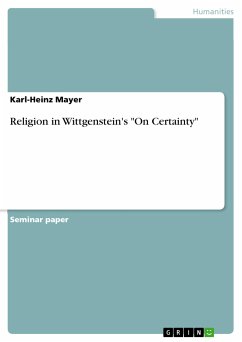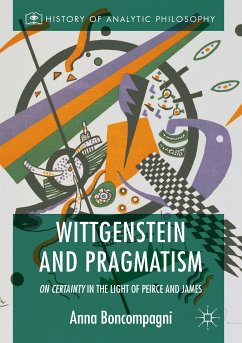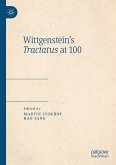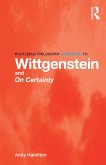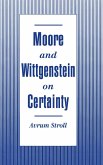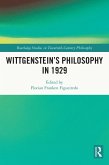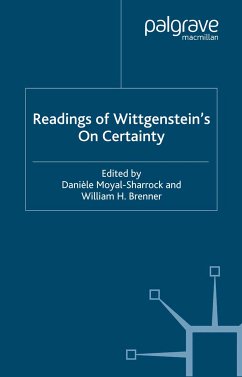Seminar paper from the year 2014 in the subject Philosophy - Philosophy of the 20th century, grade: 2,0, University of Vienna (Institut für Philosophie), course: Wittgenstein and Epistemology, language: English, abstract: The phenomenon of religious belief poses many interesting and challenging questions: Those who don’t have the privilege of believing in miracles, divine providence, or resurrection often find it difficult to understand the meaning of religious concepts in a society characterized by a primarily scientific paradigm in fields like economy, technics, justice, or politics. A number of questions concerning religious belief seem to have puzzled also Ludwig Wittgenstein and he came up with interesting questions and answers to this effect. His concept of hinge beliefs, if applicable to religious belief, is a surprising and convincing explanation of the phenomenon of religious belief. But can it really be applied to religion and did Wittgenstein do that? This paper will try to find answers to these questions.

